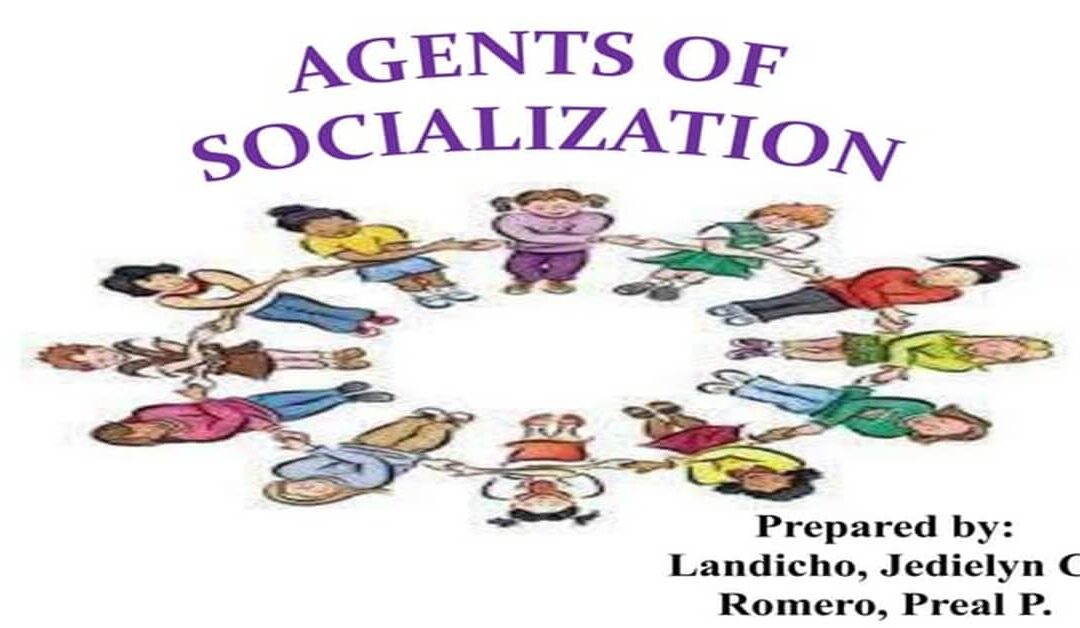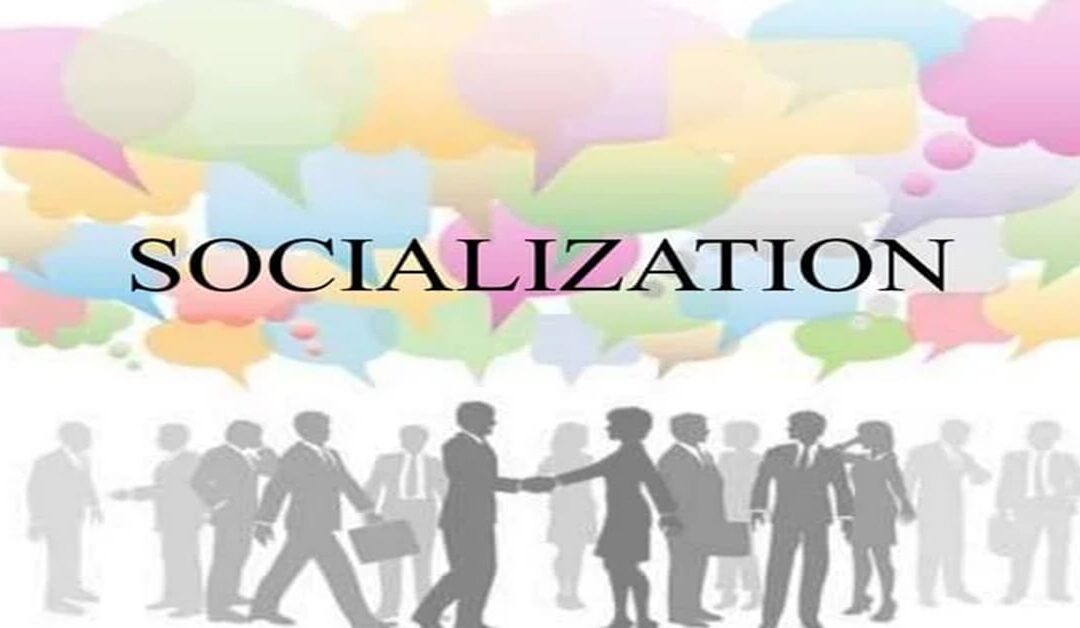
The Agents of Socialization
The Agents of Socialization
Introduction:
Socialization is a fundamental process that shapes individuals and their personalities. It doesn’t occur in isolation; instead, it requires a structured approach to ensure that children grow into well-rounded individuals. This journey of socialization is guided by various influences from individuals, groups, and organizations known as agents of socialization. These agents play a critical role in imparting values, norms, and knowledge essential for societal integration. This blog explores the key agents of socialization, including family, peers, religion, school, and the state, each of which contributes uniquely to a child’s development.
The Family: The First Teacher
The journey of socialization begins at home, with the family being the primary agent. A child’s early interactions with family members lay the foundation for their understanding of the world. Parents, particularly mothers, play a crucial role in imparting basic values and morals. Through daily interactions, children learn the concepts of right and wrong, good and bad. The familial environment is where children observe and absorb behaviors, language, and cultural norms.
As children grow, the family continues to be a vital source of support and socialization. Their experiences, such as celebrating festivals and participating in family rituals, contribute to their understanding of social roles. The relationships within the family also teach essential values such as love, trust, and cooperation, shaping the child’s emotional and social competencies. As they enter puberty and later marriage, individuals engage with extended family members, further broadening their social circles and enriching their socialization experiences.
Peers: Learning Beyond the Home
Once children step outside their family environment, they encounter peers, who become significant agents of socialization. Interactions with friends and classmates provide opportunities for informal learning. In peer groups, children learn cooperation, mutual respect, and shared values, which differ from the structured teachings at home.
Friendships during childhood and adolescence allow individuals to explore social dynamics, develop communication skills, and understand complex social situations. For instance, in cultures where discussing topics like sexuality is taboo, peer groups can offer insights that parents may hesitate to provide. This kind of informal education is essential for developing social competencies and preparing for adult relationships.
Religion: Instilling Values and Ethics
Religion serves as another crucial agent of socialization, imparting values that guide behavior and moral decision-making. From an early age, children observe religious practices within their families and communities. This exposure helps them understand broader concepts of morality, community service, and personal conduct.
Religious teachings provide a framework for ideals such as kindness, trust, and sacrifice. They foster a sense of belonging and identity, shaping how individuals interact with others in society. By participating in religious rituals and understanding the moral lessons imparted by their faith, children cultivate empathy and a commitment to social welfare, often leading them to engage in charitable acts and community service as they grow older.
School: The Gateway to the Wider World
Schooling is a significant turning point in a child’s socialization process. It exposes them to a broader social environment beyond the family. Teachers and schoolmates become influential figures, shaping a child’s understanding of authority, collaboration, and competition.
Education is not just about academic learning; it is a social process that fosters critical thinking, teamwork, and civic responsibility. Schools teach children to navigate social structures, understand diverse perspectives, and develop a sense of belonging to a larger community. Teachers, in particular, play a pivotal role in this process, acting as mentors and role models. They guide students in adopting core values such as integrity, respect, and responsibility, ensuring that education encompasses moral and ethical development alongside intellectual growth.
The State: Structuring Society
The state represents an overarching bureaucratic agent of socialization, establishing norms and laws that govern societal behavior. As social beings, individuals must navigate complex social structures and conflicts that arise from differences in power, class, and race. The state provides a framework to mitigate these disparities through laws and regulations aimed at protecting citizens’ rights and promoting equality.
By instilling a sense of citizenship, the state educates individuals about their roles and responsibilities within society. It fosters awareness of civic duties, encouraging participation in democratic processes and community initiatives. This engagement is crucial for fostering a sense of belonging and commitment to the collective well-being of society.
Mass Media
In our modern, literate society, mass media has emerged as a significant agent of socialization. Various platforms, including newspapers, television, and the internet, play a crucial role in shaping public opinion and individual attitudes.
Mass media serves as a source of information, entertainment, and education. It helps individuals stay informed about local and global events, while also providing content that reflects and shapes cultural values. However, it is essential to approach media consumption critically, as it can also promote negative stereotypes and unhealthy behaviors.
Conclusion: The Importance of Socialization
The process of socialization is integral to human development. Each agent of socialization—family, peers, religion, school, and the state—plays a vital role in shaping individuals into contributing members of society. Understanding these agents helps us appreciate the complexity of socialization and the diverse influences that guide children as they grow. By nurturing positive socialization experiences, we can work towards building a more harmonious and cohesive society, ensuring that future generations are well-equipped to face the challenges of the world.

